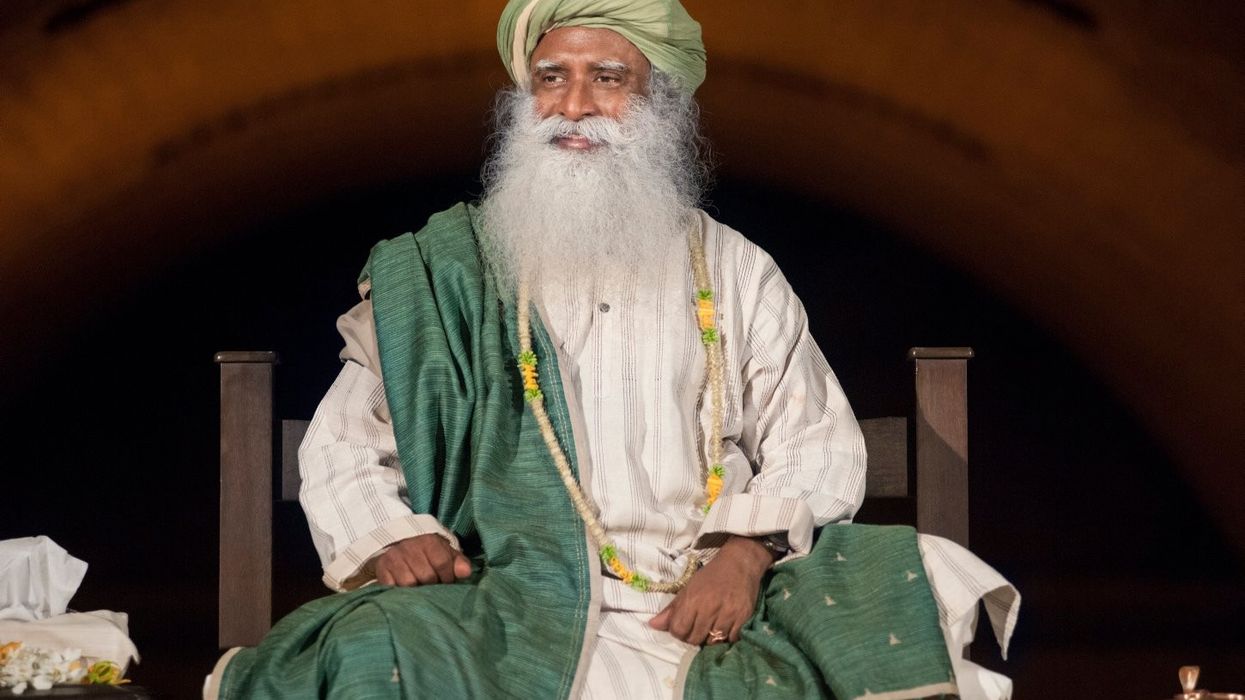In the UK, the state of cancer care has reached a critical point, and experts in the field are warning that patients may face fatal consequences due to the government's decision to eliminate a dedicated plan aimed at addressing the disease.
With waiting times for NHS cancer treatment hitting a record high, projections suggest an additional 2,000 cancer patients per week by 2040.
In a controversial move, the government abandoned its longstanding cancer plan in January, and instead incorporated it into a broader "major conditions strategy" covering various other significant diseases, The Guardian reported.
A report released in the Lancet Oncology on Wednesday (15), authored by 12 cancer experts, highlights the potential for increased fatalities resulting from this decision.
Professor Pat Price, an oncologist and visiting professor at Imperial College London, emphasised the gravity of the situation stating, "The dangerous reality is that cancer care in this country is fast becoming a monumental crisis, and there appears to be no realistic plan. A cancer plan is not just a strategy; it is a lifeline for the one in two of us that will get cancer."
Mark Lawler, a professor of digital health at Queen’s University Belfast and the chair of the International Cancer Benchmarking Partnership, stressed on the potential human cost of eliminating a dedicated cancer strategy.
As a co-author of the report, he expressed concern over the decision to abandon a specific national cancer control plan in favour of a broader major conditions strategy, deeming it an incomprehensible move that does not prioritise the well-being of individuals with cancer.
The report highlights recent research indicating that countries with dedicated cancer policies demonstrate superior five-year survival outcomes.
Denmark, which, 15 years ago, shared the bottom of the cancer league table with the UK, prioritised cancer as a health issue and implemented a dedicated cancer plan, resulting in substantial improvements in five-year survival for six out of seven cancers analysed.
Ireland too has experienced enhanced survival rates for lung, pancreas, oesophageal, and rectal cancer, attributing this progress to dedicated funding and the prioritisation of cancer in its national cancer control plan.
However, Northern Ireland and Wales have fallen significantly behind, and England has witnessed lower-than-expected improvements in colorectal and ovarian cancer.
The authors also criticised the decision to eliminate the National Cancer Research Institute, expressing concern about the detrimental impact this move will have on patients.
Recent international research has revealed that patients treated in research-active hospitals can experience up to 15% better outcomes compared to those in non-research settings. Lawler emphasised the necessity of cancer research for delivering contemporary cancer care.
Expressing frustration at the perceived lack of government action, the experts have crafted their own 10-point cancer plan, as part of the report.
Professor Price remarked on the incredulity of clinicians having to produce such a plan themselves instead of the government.
The proposed 10-point plan includes a well-funded national cancer control plan, the reinstatement and strengthening of the National Cancer Research Institute, improved screening programmes, targeted measures against alcohol consumption, tobacco, and obesity, a focus on the 62-day cancer target, integration of hospice care within the NHS, and increased investment in equipment and infrastructure.
Highlighting the significant challenge posed by outdated cancer treatment equipment, particularly in areas like radiotherapy, Price said without substantial investments in both personnel and modern treatment machines, the NHS would be unable to address the escalating waiting times for cancer treatment effectively.
Professor Richard Sullivan, a joint senior author and director of the Institute of Cancer Policy at King’s College London, expressed concern over the failure to implement specific and adequately funded cancer plans, coupled with a research agenda tailored for effectiveness.
He highlighted that this shortfall contributes to widening patient inequalities, burnout among healthcare staff, and suboptimal outcomes. Sullivan said that all the necessary components are available to address these issues but there is a need for “political will.”
In response, a spokesperson from the Department of Health and Social Care noted that cancer diagnoses at earlier stages have become more frequent, with improved survival rates across various cancer types. The spokesperson also highlighted the NHS's record in diagnosing and treating a substantial number of cancer patients over the past two years.




















